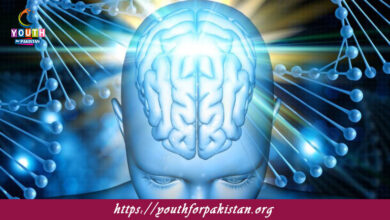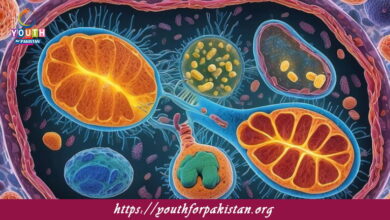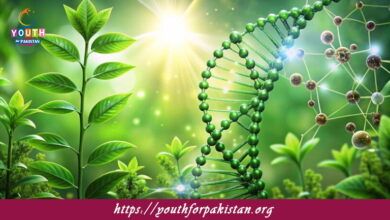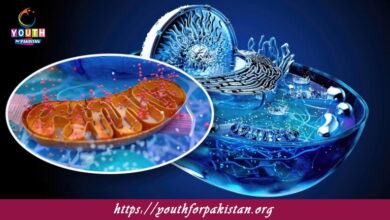Plastids/Chloroplasts MDCAT Quiz with Answers
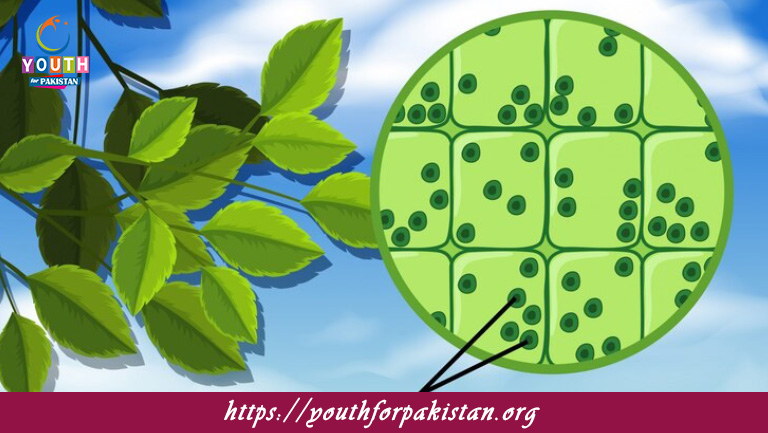
The Plastids/Chloroplasts MDCAT Quiz is an essential resource for MDCAT students who need to understand the structure and function of plastids, specifically chloroplasts, which are vital organelles in plant cells. Chloroplasts are responsible for the process of photosynthesis, converting light energy into chemical energy in the form of glucose, which is crucial for the plant’s growth and survival. This quiz deals with key concepts on plastids, types, structure, and their functions in both plant cells and some types of algae. These are basic requirements that the MDCAT students should be aware of when they go to their examinations.
Structure and Function of Chloroplasts
Chloroplasts are a specialized type of plastid. It contains chlorophyll pigment that is required for absorbing light energy during photosynthesis. The structure of a chloroplast consists of an outer membrane, an inner membrane, and a thylakoid system consisting of membranes stacked into structures called grana. These thylakoids contain chlorophyll, where the light-dependent reactions of photosynthesis take place. The stroma is essentially a thick gel-like substance inside the chloroplast where enzymes containing a Calvin cycle or light-independent reactions reside. This complex structure is important for MDCAT students to understand how plants convert sunlight into usable energy.
Types of Plastids and Their Functions
Other than chloroplasts, plastids can be present in other forms like leucoplasts and chromoplasts. Leucoplasts are colorless plastids that store starch, lipids, or proteins. Chromoplasts contain pigments that color fruits, flowers, and roots. These plastids are involved in storage and pigmentation, thereby enabling plants to survive in the environment. It is important for MDCAT students to learn about the difference between these two types of plastids and the functions they have in plant cells. This knowledge is constantly tested in exams and can facilitate a deep understanding of plant cell biology.
Quiz looks towards exploring knowledge for MDCAT preparation
The MDCAT quiz on plastids and chloroplasts gives a worthy opportunity to the students to check their understanding about such crucial organelles. With various questions on the structure of chloroplasts, photosynthesis, and different types of plastids, this quiz will help the students assess their level of preparation for the exam. With this quiz, candidates for MDCAT can pinpoint their areas of strength and weakness, thereby providing a more intensive preparation. The consistent practice of such quizzes helps students understand the plant cell functions at a deeper level, which is beneficial in the theoretical as well as practical aspect of the MDCAT exam.
Free Flashcard
Free flashcards can be a great way to enhance the learning experience for MDCAT students studying plastids and chloroplasts. These flashcards are a quick way to review important terms such as chlorophyll, thylakoids, stroma, and the overall process of photosynthesis. With frequent use, students can effectively remind themselves of the structure and function of chloroplasts, so they will remember the key points and perform quite well in the exam. Flashcards may also assist visual learners who want to see the structure of chloroplasts and comprehend what their roles are in photosynthesis.
Experience the real exam environment with our expertly designed collection of over 25,000 MCQs MDCAT Mock Tests.



